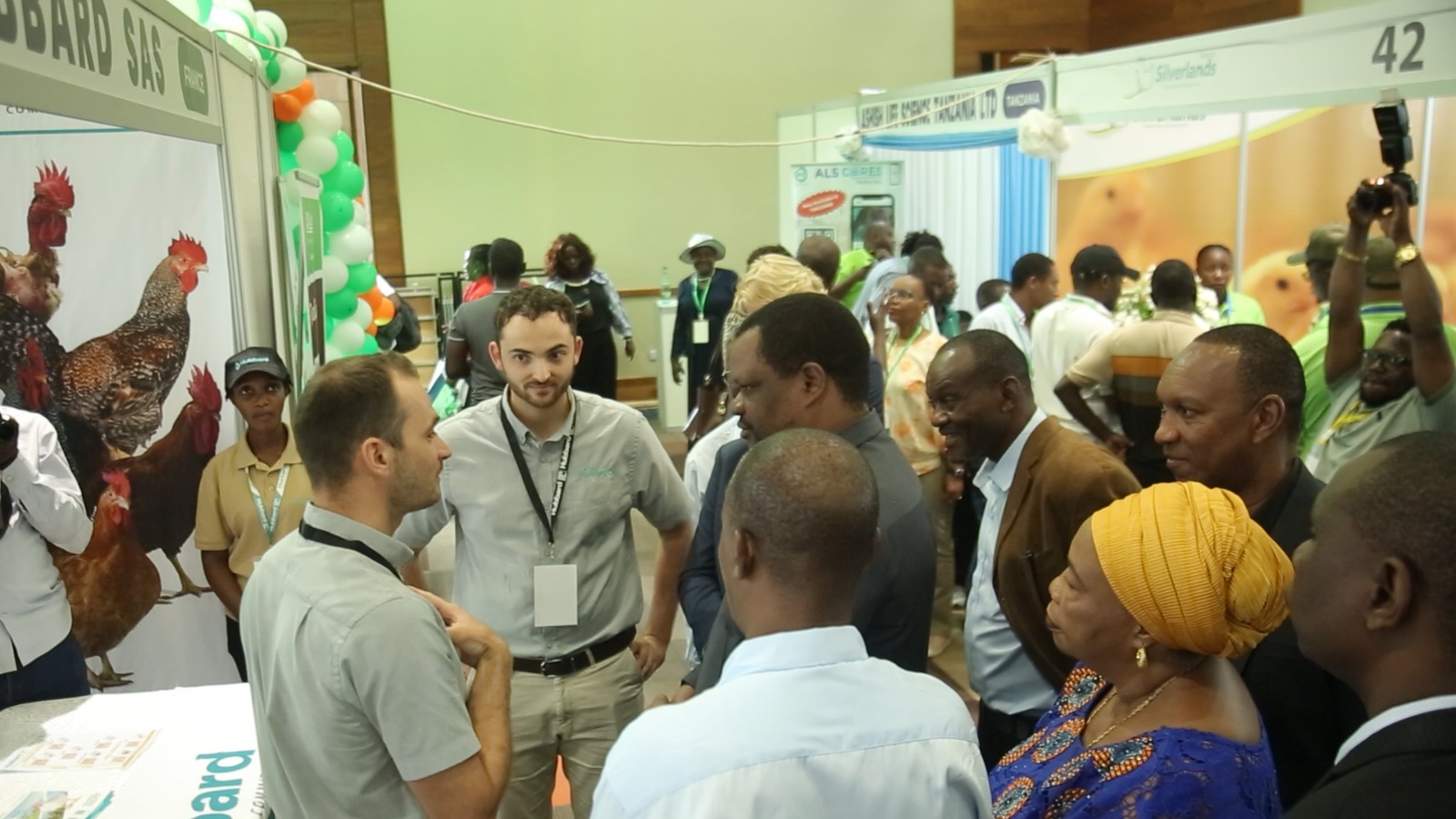Dar es Salaam, October 18, 2024 – National statistics reveal that by 2032, Tanzania is projected to face a deficit of 234,000 tons of white meat, including chicken, unless strategic investments are made in the sector. This significant shortfall highlights the urgent need for increased investment to meet the growing demand for poultry products.
These remarks were made today by the Deputy Minister for Livestock and Fisheries during the eighth edition of the Poultry and Farmed Birds Exhibition at Mlimani City, Dar es Salaam. The exhibition, held under the theme “Chicken and Eggs: The Leading Protein,” brought together various stakeholders to discuss opportunities in the poultry value chain.
The Poultry and Farmed Birds Exhibition, which began officially in 2015, is managed by the Poultry Association of Tanzania. The event seeks to showcase diverse opportunities in the poultry value chain, foster stakeholder collaboration, share experiences, and expand the poultry market. This year’s event was preceded by a Southern African Poultry and Farmed Birds Industry Forum, which attracted more than 300 participants from 23 countries.
55% of Households Engaged in Poultry Farming
“About 55% of households in Tanzania are involved in poultry farming, which significantly eases access to chicken meat and eggs,” said the Deputy Minister. He also emphasized that both national and international data show a rising demand for white meat, particularly poultry, as consumers increasingly prefer it over red meat. Projections indicate that by 2030, chicken meat will contribute 41% of the total animal-sourced protein consumed in the country.
The Deputy Minister urged stakeholders to seize this opportunity and invest strategically in the sector. “The government is ready to partner with poultry industry stakeholders to ensure its growth, contributing to the national economy, increasing incomes across the value chain, and bolstering food security,” he added.
Addressing Challenges in the Poultry Industry
Despite notable achievements in the poultry industry, challenges remain. The Deputy Minister pointed out unethical practices, such as the operation of unregulated hatcheries, the production of substandard poultry feed, and the use of counterfeit company labels. He called on stakeholders to adhere to food safety standards, emphasizing that the food they produce affects the nation’s health.
“Feeding chickens inappropriate food while knowing they will be consumed by humans harms the people. I urge all industry players to ensure food safety in their production processes,” he said.
The Deputy Minister further warned against prioritizing profits over safety, stressing that while feed costs may be high, compromising safety standards to cut costs could destroy the nation.
Tackling Myths about ARV Use in Poultry
In another directive, the Deputy Minister ordered the Permanent Secretary to investigate and take action against individuals spreading misinformation about the use of ARVs (antiretroviral drugs) in poultry. He stressed the importance of fact-based claims and warned against damaging Tanzania’s poultry market through unfounded statements.
Call for Poultry Markets and Competitive Pricing
Mwanamvua Kishamte, the Chairperson of the Poultry Industry Stakeholders’ Umbrella Association, urged the government to establish formal poultry markets in each municipality, similar to those for other livestock. She also advocated for poultry products to be sold based on weight, rather than estimates, to ensure fairness.
Kishamte highlighted Tanzania’s high feed costs, noting that the country leads in the region in the price of poultry feed and products. She explained that regional competition is affected, and this sometimes leads to the illegal importation of poultry products from neighboring countries.
Feed Costs and Soybean Dependency
“The cost of poultry feed is largely influenced by the price of maize and soybeans, with soybeans alone accounting for 28% of feed costs,” Kishamte noted. She explained that Tanzania’s soybean production has never exceeded 40,000 tons, while the demand stands at 150,000 tons, forcing the country to rely on imports from neighboring nations. Importing soybeans from non-SADC countries also incurs high tariffs, further driving up costs.
As the poultry industry continues to grow, stakeholders and the government alike are working together to address these challenges, ensuring sustainable development and contribution to the country’s food security and economy.
